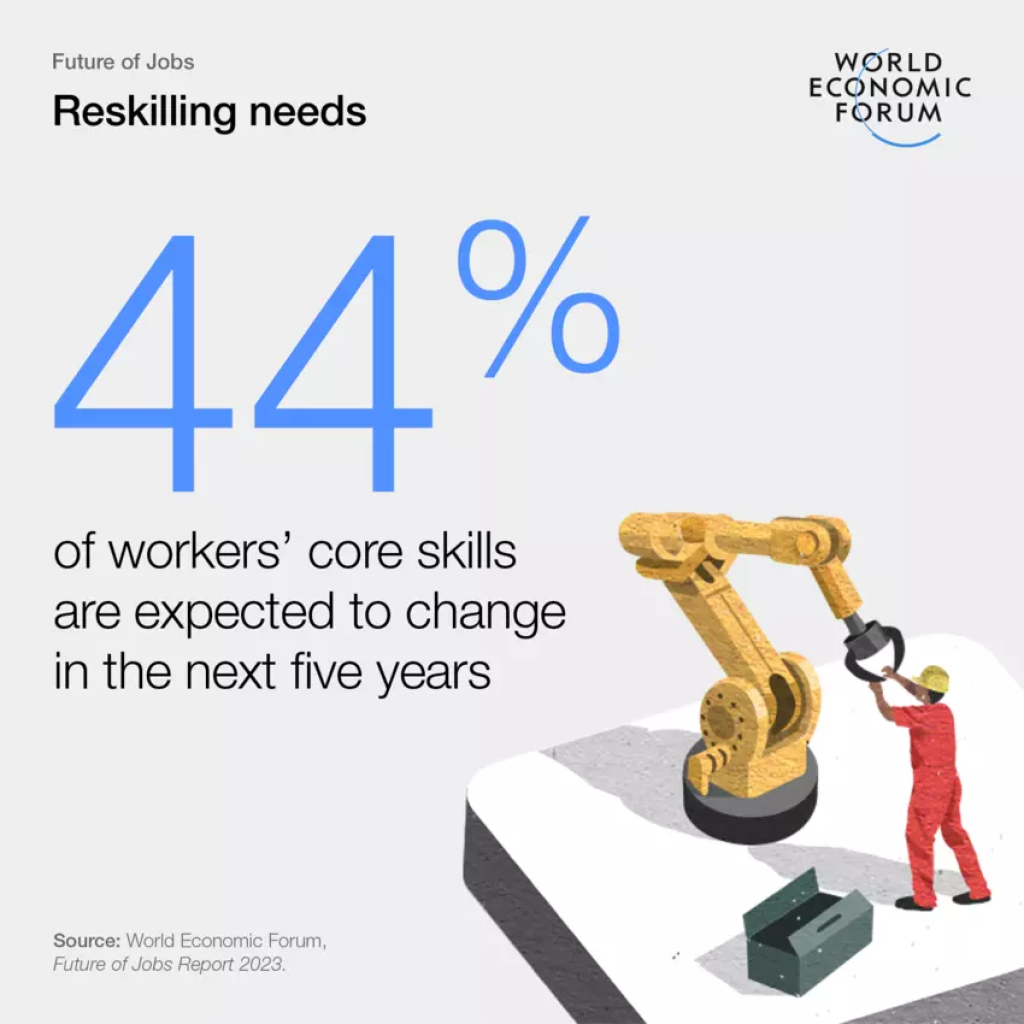The landscape of the mortgage sector is on the cusp of transformation as Artificial Intelligence (AI) takes its first steps into the field. Recently, Koodoo, a mortgage technology and broking company, made headlines when its proprietary AI technology, Koodoo-LLM, passed the UK Certificate in Mortgage Advice Practice (CeMAP). This achievement has sparked discussions about the potential of AI to replace human mortgage advisers. However, many industry experts believe that AI is more likely to complement, rather than compete with, brokers.
Technology in its infancy
Bob Singh, founder of Chess Mortgages, acknowledges that technology in the mortgage sector is still in its infancy. While the dramatic emergence of AI promises revolutionary changes, Singh believes that the full replacement of human advisers is a few years away. He envisions a future where AI can swiftly perform tasks such as fact-finding, document analysis, verification, Open Banking interactions, credit checks, and even generating suitability reports in a fraction of a second. However, Singh recognizes that clients today value the human touch in the advisory process.
The human touch
Clients often seek empathy and personal connection during the mortgage application process, qualities that AI struggles to replicate. Chris Targett, director at Social For Brokers, emphasizes that AI is here to stay and advises brokers to explore how it can enhance their business operations. Like Singh, Targett believes that AI should work alongside brokers to improve processes rather than replace them. There are areas where AI falls short, particularly in conveying genuine empathy and understanding complex emotional situations like messy mortgage splits with ex-partners.
The nuances of human interaction
Scott West, director at Propertyze Consulting Limited, points out that AI, while proficient in certain tasks, cannot understand the nuances and complexities expressed in a phone call. Hesitation, the misuse of terms, uncertainty, and the inclusion of soft facts are elements that AI often misses. West stresses that AI is a blessing for straightforward cases but struggles when dealing with complex income, property, or credit status scenarios. He emphasizes that some lender criteria are not always as rigid as they appear, and without a broker’s intervention, exceptions may go unnoticed.
The irreplaceable broker
Stephen Perkins, managing director at Yellow Brick Mortgages, highlights that AI excels at tasks like passing multiple-choice exams and answering basic questions about house buying and mortgages. However, he concurs with West that AI falls short in crucial areas, such as maintaining client relationships and handling cases that do not fit neatly within established criteria. Perkins emphasizes that the human touch is indispensable when interacting with solicitors and estate agents, as well as navigating the intricate legal paperwork involved in mortgage transactions.
Finding the right balance
As the mortgage sector inches toward an AI-augmented future, finding the right balance between technology and human expertise becomes paramount. Industry experts, including Singh, Targett, West, and Perkins, agree that AI should be harnessed as a tool to enhance efficiency and streamline processes. While AI can handle many routine tasks effectively, it cannot replace the nuanced, empathetic, and adaptable qualities that human brokers bring to the table.
The mortgage industry is undoubtedly on the brink of transformation, thanks to the rise of AI. Koodoo’s successful CeMAP exam passing by its AI technology is a testament to the advancements in the field. However, the consensus among industry experts is clear: AI is not poised to replace mortgage brokers entirely. Instead, it is a powerful complement, capable of automating routine tasks and enhancing efficiency. The future of the mortgage sector is likely to be a collaborative effort between AI and human advisers, providing clients with the best of both worlds – technological precision and the invaluable human touch.





